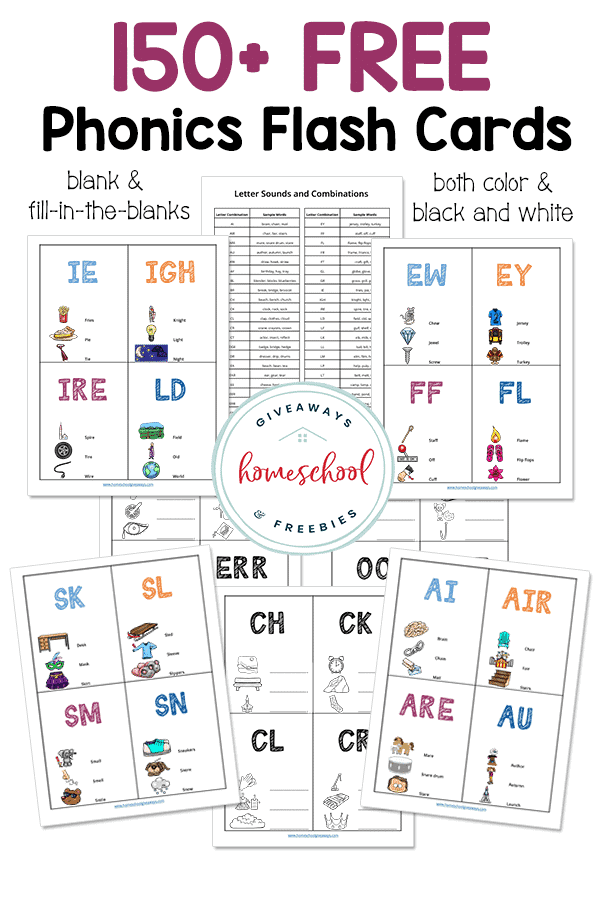The Best Ways to Improve Your Child’s Reading Skills
Published:
December 8, 2022

Contributor:
Sonlight
Disclosure: This post may contain affiliate links, meaning if you decide to make a purchase via my links, I may earn a commission at no additional cost to you. See my disclosure for more info.
Helping kids improve reading skills is a huge goal for many homeschool moms. Some moms just don’t feel qualified to give targeted help with reading skills, but with a bit of insight, you’ll be well equipped to give your child what they need in this area.
How to Improve Reading Skills
Reading helps children in multiple ways including increased focus, empathy, enjoyment of learning, and increased vocabulary. Since reading skills impact every other aspect of their education, it would stand to reason that figuring out how to improve reading skills should be at the top of every homeschool mother’s list.
But what do you do when your child’s reading is not up to par? Here are the crucial reading skills your child needs. Understand these components and then find solutions to meet the specific weakness.
Reading Skills
What are reading skills? Reading skills just refer to those skills of decoding and comprehending written words. While reading is a complex process, there are foundational reading skills that you can work on with your kids.
Decoding
The first step in reading is decoding. The ability to decode refers to your student’s ability to pronounce an individual written word using his phonemic awareness. That is, when kids learn which sounds are made by individual letters and letter combinations, they are able to use that knowledge and apply it to decoding more difficult words.
Learning letter patterns is the first step to working on decoding skills. Lots of practice with word families, rhyming, and phonemes will help your child improve his decoding skills.
Fluency
Fluency refers to a good reading speed along with proper expression and accuracy. Children need to be able to read fluently to be able to understand what they are reading. If a student is not fluent and stumbles along trying to decode too many words, then the act of reading is stunted and the child won’t even comprehend what they are reading.
Work on fluency by having your child read below their level sometimes. This way, they can work on expression and speed.
Vocabulary
A great way to build a vast vocabulary knowledge is through interesting reading material. Every time your child reads, they are building their vocabulary. Even if a student does not know the definition of a new word they encounter while reading, this is a great time to learn.
Encourage students to guess the meaning of any new words based on the context. Write down new words to look up definitions.
Inference
Another great skill your child can work on to improve reading skills is making inferences. Your child uses background knowledge and context clues to reach a conclusion about what you’re reading. In other words, inference is “reading between the lines” of a story.
Children can practice making inferences easily by reading picture books. Using hints from the storyline, your child can reach logical conclusions about the story.
Retention
Retention refers to one’s ability to remember what they’ve read. Your child’s attention span may greatly impact their retention abilities when reading. You’ll know your child is retaining what they read if they can summarize the main points of the story or passage.
Using oral narration to practice this attention to detail is a great way to build retention and improve reading skills.
Reading Comprehension
The ultimate goal of reading is to be able to understand what you’ve read. That, simply, is the definition of reading comprehension. Your kids need to move beyond simply decoding words on a page and be able to make sense of those words.
When you’re wondering how to improve reading skills overall, and you’ve already worked on the previous skills, you’ll want to continue to help them with build reading comprehension skills.
Reading comprehension strategies include narration, making inferences, using graphic organizers, predicting what will happen next, and summarizing the main points and ideas.
How to Improve Reading Skills
When you’re looking for strategies to improve reading skills, try these ideas. Don’t worry about trying them all at once. Instead, choose one or two to try for a week or so and then evaluate.
Set Goals for Reading
Kids are motivated by a challenge or competition, even if it’s just a competition against themselves! Go ahead and help them set goals for reading, then make it visual or tangible. Do they want to read two chapter books this month?
Keep track of how many pages they read each day on a chart and then celebrate when they reach their goal. Average readers can become amazing readers when they put the time into reading daily, and having reading goals will help them stay motivated.
Use a reading passport or reading log to keep your kids motivated and excited to meet their personal reading goals.
Assign Time Each Day to Read
A helpful way to encourage your kids to spend time reading is to assign a specific time each day to read. Whether that’s first thing in the morning before you begin your homeschool day, or after lunch when you’re putting the baby or toddler down for a nap, go ahead and make reading time a normal part of your schedule and routine.
Having that consistency will help your child become a better reader just because they’re doing it regularly. Help your younger readers have easy access to their favorite picture books. Everyone will benefit from a scheduled time to read.
Pre-Reading
When you can set up the reading for the day with some pre-reading strategies, that prior knowledge will help your kids be able to make sense of what they read. In other words, pre-reading strategies will help improve reading comprehension.
What are pre-reading strategies?
It can simply be talking about the historical context of a biography your child is about to read. Or maybe you can help them with some sight words they might encounter in the story. If there’s any new vocabulary they will encounter, go over those new words before they begin reading.
This will help prevent frustration and set them up for a more successful reading experience.
Have Students Read Aloud
You may feel the need to rush your young child into learning to read, but there are actually great reasons not to teach reading early. But even once your child is reading independently, it’s a good idea to still have students read aloud.
This way, you can gauge how their reading fluency is progressing and if you need to supplement with any other strategies to help improve their reading skills.
But don’t just have students read aloud. Keep reading to them! There are many benefits of reading to your child. In fact, reading aloud to your child should be started very early and continued long past their ability to read independently.
Provide Books at Student’s Reading Level
Be sure to provide books at a student’s reading level to help improve their reading skills. First, consider how to determine a child’s reading level. Then, once you figure out the grade level of their reading ability, work on text comprehension at that level with them.
But don’t forget that it’s also okay to let them enjoy simple books once in a while that are below their normal reading level! Again, this helps build fluency and confidence and is just plain fun sometimes to read old favorites.
Reread to Build Fluency
Asking kids to reread the text will help build fluency. When giving your children reading assignments, let them read the passage once, then ask them to read it again.
By doing a repeated reading, your students should have increased comprehension, better fluency, faster reading, and better phrasing.
Discuss What Was Read
Encouraging active reading by discussing what your kids read is a great way to improve their reading skills. Using oral narration as part of the reading process helps students remember important concepts.
This type of reading response also keeps your kids engaged.
Reading Extension Activities
Make reading fun by using varied reading extension activities to keep your kids engaged. Use some free book report templates to help extend the reading comprehension. Find a few other read aloud activities you can implement to help improve your child’s reading skills.
Annotate and Highlight Text
Teach your students to annotate important information as they read. Encourage them to write notes on the pages as they read to help them focus and understand what they’re reading better. They can also take notes as they read to record questions they may have about the material or to clarify definitions.
Take Notes
Build your student’s literacy skills and help them become a more effective reader by showing them how to take notes while they read. This is a life skill that they will need in higher levels of education.
Track Reading Progress
It’s important for kids to see their progress, so find tools like a homeschool reading log to track your child’s reading progress.
FAQ About Improving Reading Skills
When you’re wondering how to improve reading skills in your children, these are the main questions you’re likely asking.
What are 4 types of reading skills?
The four types of reading skills are skimming, scanning, intensive reading, and speed reading. Good readers will eventually be able to use the right type of reading skills to learn new information.
What are the skills needed to learn to read?
In order for a child to learn to read, they need these four skills: eye control, phonemic awareness, phonics, and vocabulary.
What makes a strong reader?
Strong readers are able to visualize a story. They can anticipate what will happen next and even connect it to their own life. In short, engaged readers are the strongest readers. So anything you can do to increase that engagement during reading will help improve your child’s reading skills.
These are just some of the easy ways you can help your child be a more effective reader. But in the end, remember that the enjoyment of reading is a key component to becoming a lifelong reader.










